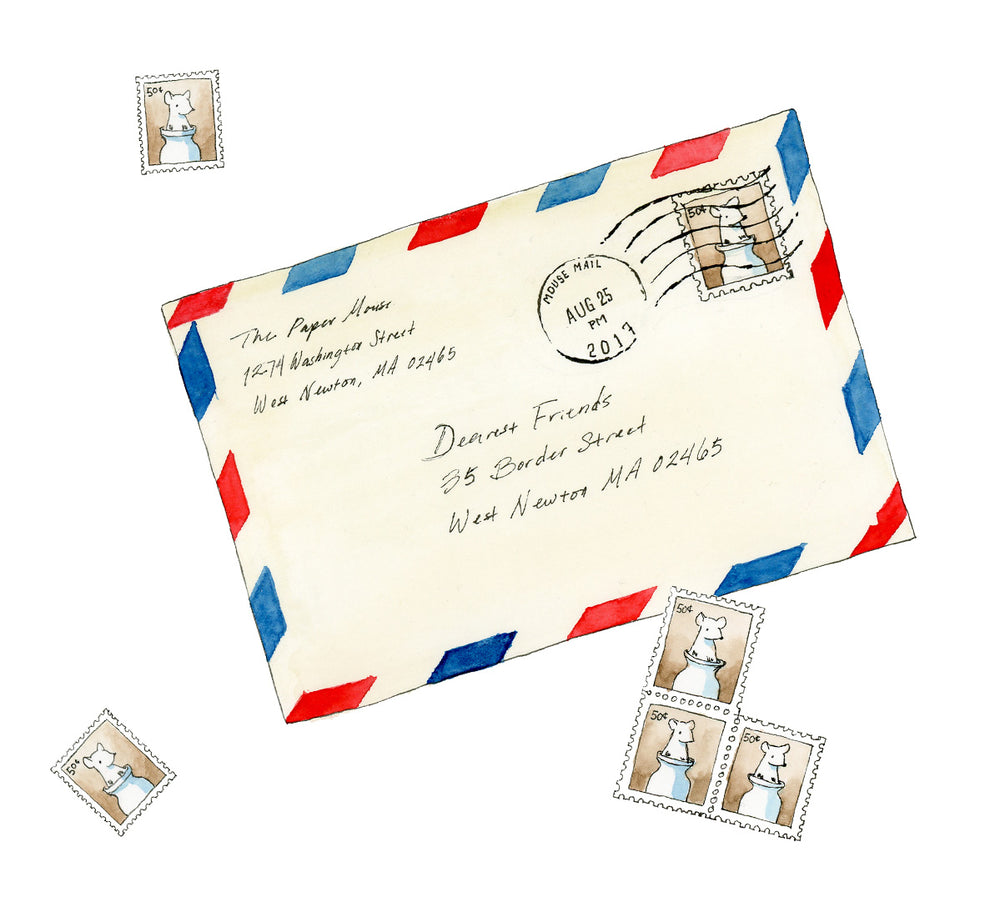Getting Started With a Creative Practice

During the past year as we’ve spent more time at home, many of us have taken up new hobbies to sustain our spirits and have discovered how fulfilling they can be. Sourdough baking has taken off. Home improvement projects are on the rise. We’ve been purchasing sewing machines, propagating plants, and dusting off instruments.
But starting a new creative endeavor can be intimidating, especially when we’re used to seeing polished creations on platforms like Instagram and Pinterest, which are bursting with inspiration but can also limit our own ideas and change our expectations of what creativity looks like. As Casper ter Kuile writes in his book The Power of Ritual, “In the Age of the Screen, there is little room for amateur creativity. We feel no permission to sing or dance because we’ve seen what it should look like when professionals perform. We’re never free to learn a craft because the horror of someone seeing our imperfect work is paralyzing.”
So how do we get past this roadblock and start creating? There’s no universal trick for getting motivated, but if you’re having trouble starting a project or a hobby that interests you, be it gardening, baking, or learning a new craft, here are some ideas that might help you get started.
Make it joyful
Imagine cooking dinner with some limp vegetables that have been wilting in the fridge for a couple of weeks and some ingredients scrounged from the pantry. Now contrast that with the feeling of cooking with plump, fresh vegetables from a farmer’s market or a flavorful ingredient you’ve never used before. Which is more exciting? We are more inclined to start a creative endeavor when we’re excited about the project we are working on, and nothing is more exciting than using good materials. A common tendency when we’re starting out is to be precious with materials, not wanting to dive in until we’ve gotten “good,” a bar which is constantly moving. But using the right tools and materials can help us engage more fully with what we’re doing, making us more motivated to learn and in some cases making learning easier. Of course, tools and materials can be expensive—but in most cases there’s no need to invest in a whole new infrastructure to get started. Try to identify one or two tools or materials that will make a difference to start with, or see if you can borrow what you need from a friend or even a library.
Starting with a bite-sized project you can easily finish is another great way to keep the process joyful. The satisfaction of finishing a first project is a great encouragement when you’re starting out! A kit that provides all the materials you need is one great way to finish a small first project without making a huge commitment of time or money. These days there are kits for cooking and baking, gardening, model-making and crafting—you name it. (Stay tuned for some great project kits in our shop in the coming weeks!)
Get help
Sometimes we get hung up on starting a new hobby simply because we don’t know how to start. This is where the “Age of the Screen” becomes an advantage! There are almost infinite resources online, from Youtube channels about every imaginable topic to paid courses to blogs, and because of the pandemic, many instructors who usually teach in person have started offering virtual classes. A good book on your hobby or a kit with instructions are also great places to start.It can also be helpful to find community around your hobby, both for shared enjoyment and for support when you have a question about fixing a slipped stitch in your knitting or using a new tool in your woodworking project. Though meeting in person may not be practicable these days, virtual meetups and online forums can connect us with people we might not ordinarily meet.
Reframe your expectations
We are often our own worst enemies when it comes to starting a project. It’s all too easy to give up in frustration when our creations don’t come out the way we intended, or even to avoid trying at all, telling ourselves that we simply aren’t creative. But we humans are naturally creative! We are constantly creating new ideas and solutions to our problems. Our hesitancy arises when we confuse creativity with a high level of accomplishment in a particular craft. Accustomed as we are to seeing finished creations and performances, we forget about the hours and hours of practice and effort that go into reaching those heights, and label “creativity” a trait that some people have and others don’t.
See if you can let go of the expectation that the first thing you create will be perfect. Try to focus on the act of doing your hobby, rather than the product that comes out at the end. These days, we’re so concerned with productivity that it can feel strange to make something without the expectation of success. But when we focus our energy on the act of creating, we can reach a state of flow that is joyful in itself.
Starting something new isn’t easy; there’s so much to learn, and it’s hard to feel like a beginner when you’re used to being in control. But if we stay focused on enjoying the process, we may surprise ourselves with what we can do.
Ready to make your new hobby part of your life? Check out our post on structuring a creative habit!



Thank you so much for sharing this! I was feeling kind of “down” today, as we’re getting more snow and everything seems so dreary outside. The possibility of doing something creative has raised my spirits and has made me think of Springtime!
I love this post ! Very inspiring. Thank you!
Leave a comment